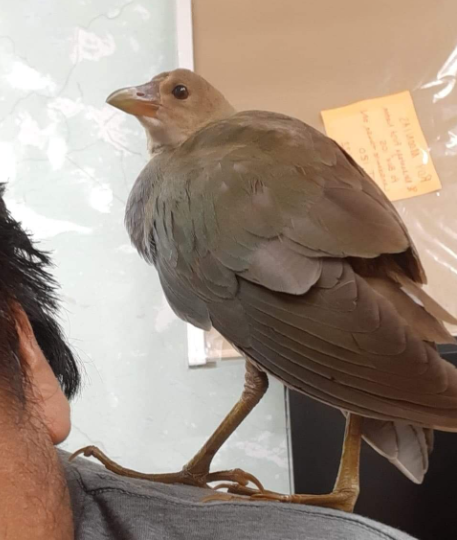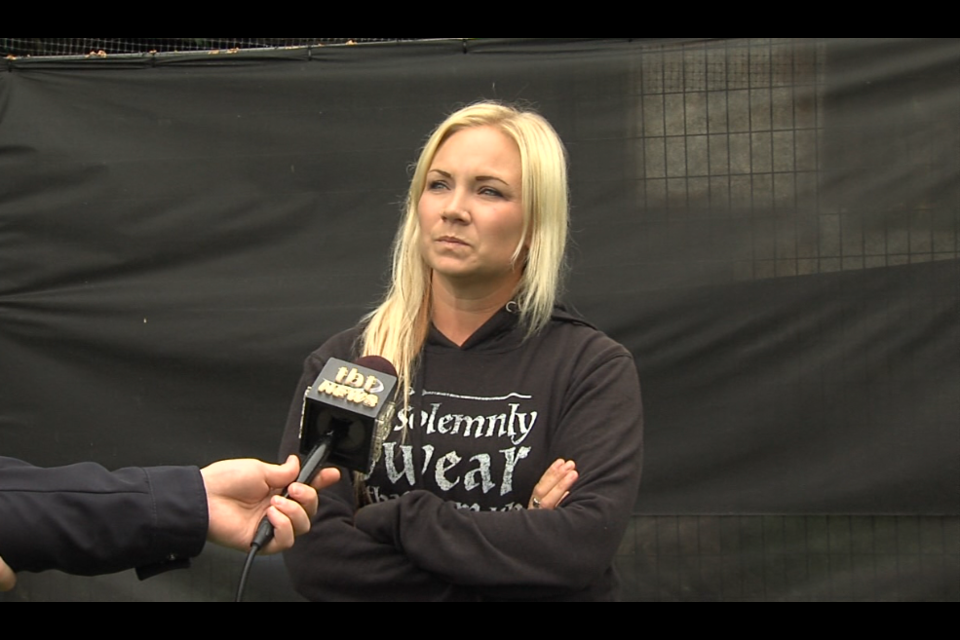NESKANTAGA FIRST NATION, Ont. — A bird whose normal habitat is coastal areas of the Gulf of Mexico has turned up on Neskantaga First Nation, 430 kilometres north of Thunder Bay.
The juvenile Purple Gallinule is now under the care of Jenn Salo at ThunderBird Wildlife Rescue in Thunder Bay.
Salo says it's dehydrated and won't accept food.
She's reached out to the South Florida Wildlife Center for advice.
Neskantaga band councillor Gary Quisess said a community resident saw the bird land near the local arena on Tuesday.
"It tried flying for awhile but couldn't fly. It was shivering," Quisess told Tbnewswatch in an interview Friday.
He said no one in Neskantaga had seen the bird before, and they knew it had to be protected.
"We kept it overnight, put it in a warm place," Quisess said, before he contacted the ThunderBird Wildlife Rescue, "to see if they could accept the bird if we shipped it out of here."
He said he was taken aback when Salo told him how far it had travelled from its breeding territory, and wondered "what's it doing here in the middle of nowhere, in a cold country?".
Salo isn't sure how that happened.
"With it being a bird that's supposed to be in Florida, it has no business being up here," she said.
Salo told Tbnewswatch it's possible the speculation in Neskantaga that it was blown off course by powerful winds might be correct, adding "but way up there, that's pretty impressive."
She said she has lots of questions, including how long it's been without food, what exactly is wrong with it, and "how is it even still alive ? It's sick, It's starving."
Salo was hoping to nourish it through a tube, but after speaking with the experts in Florida, she'll take it to a Thunder Bay veterinary clinic to see if the bird can be fed intravenously first.
She is also contacting the Ministry of Natural Resources and Forestry.
Currently, she is only licensed by the MNRF to rehabilitate raptors, so she requires permission to handle emergency cases such as this.
"I need a couple of days to try to get the bird stable. Chances are, it's going to die anyway, but I need to at least try," Salo said, before any plans are made to send it to a specialized facility.






